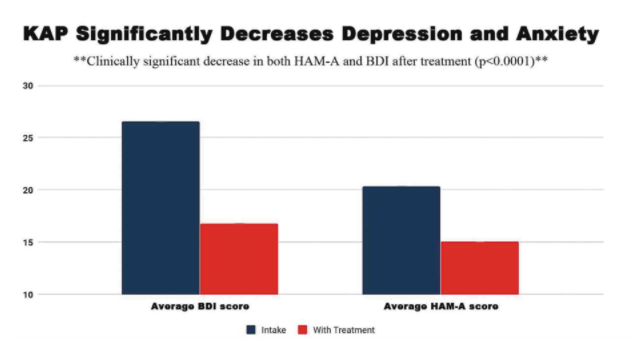Most psychedelics such as LSD, psilocybin, ayahuasca and DMT are not currently legal for psychedelic therapy. In addition, not enough research has been completed yet on these psychedelics and mental health. However, a lesser-known psychedelic called ketamine has been extensively researched for mental health issues and is completely legal under proper medical supervision.
Which psychedelic therapy center is right for you…
As a psychedelic therapy center focused on mental health issues, we only treat patients with clinically significant mental health issues where research has shown favorable responses to ketamine treatments. We do not advise individuals to seek out psychedelic guides using psychedelics that haven’t been legalized, especially since we do not have enough data to show the benefits and adverse side effects of these practices.
IPC never recommends the use of ketamine without proper medical supervision. Ketamine-assisted psychotherapy requires therapists trained specifically in psychedelic therapy so they can navigate the traumatic memories, insights and spiritual experiences that often occur on the healing journey. At IPC, our medical director is an experienced MDMA psychotherapy researcher and all of our psychotherapists have been trained by MAPS. In addition, we are extremely conscientious of safety protocols with a nurse and physician on-site so you can focus on the experience and leave the rest to us.
During a ketamine session, mystical experiences commonly occur as the boundaries between the self and the universe melt away. Some studies have reported an association between the depth of the psychedelic experience and efficacy of the antidepressant effects of psychedelics generally and ketamine, specifically.[1]
